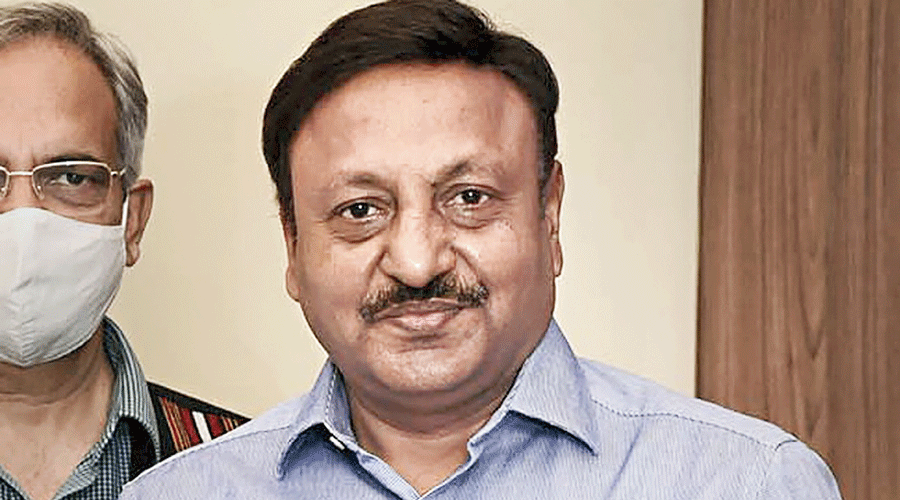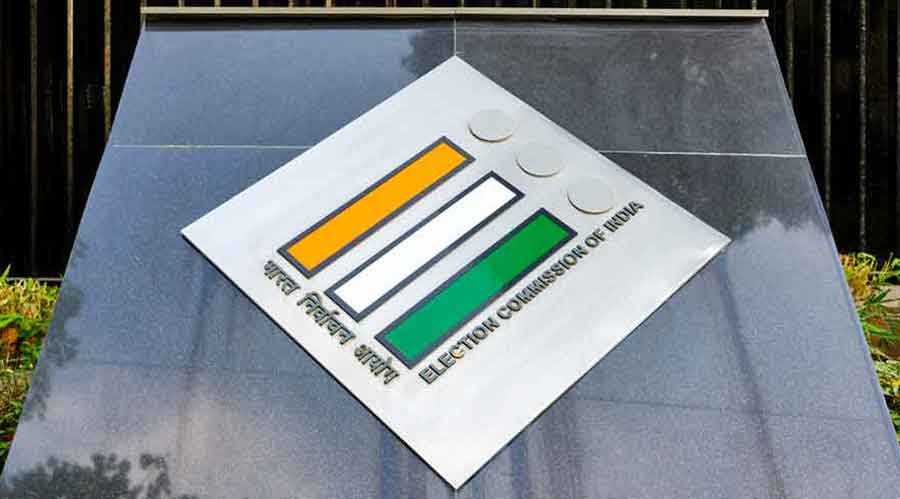Chief election commissioner Rajiv Kumar has questioned global rankings of countries along democracy indices, days after India slipped from 100th to 108th on the Electoral Democracy Index of Sweden’s V-Dem Institute.
Speaking at the third international conference on “Inclusive elections and elections integrity” in Bangalore on Thursday, Kumar said: “I would just like to point out here that when the election management bodies (EMBs) or election authorities (EAs) are involved or busy in conducting elections — and in our case since we do provincial elections also — …in the meantime comes some survey reports, kind of ratings where one is not sure as to how much of the inclusive aspects are taken as parameters. Because the parameters themselves are not very well known or very well publicised.”
India has over the past decade ranked low on all major international democracy indices.
The indices include those of V-Dem, the Economist Intelligence Unit, and Freedom House. These reports explain their methodologies. Kumar did not name any index.
“The pioneering work done by various EMBs does not really find reflection in the survey reports and ratings published by several organisations,” Kumar said.
“Contrarily, those with low inclusivity are often ranked high. This proposition needs rectification, and flawed surveys and reports cause more damage, maybe unintentionally. It caused damage to the credibility of the EMBs/ EAs and credibility to such outputs by the survey agencies, and democracy by default.”
The conference was attended by members of the India-led “cohort on election integrity” that is part of the Summit for Democracy, a virtual summit held periodically by the US.
“I am sure this cohort can itself find out some parameters, at least the essential parameters against which the standards or goals to aspire for, which must necessarily form part of any survey which unilaterally indicts at times the various EMBs and EAs and (is) doing more harm than helping the cause of democracy,” Kumar said.
His comments were in line with the Centre’s discomfort with the low global democracy rankings accorded to India, which often influence the investment decisions of multinational companies.
The recently held Raisina Dialogue had a session titled “The Liberal Conundrum: Whose Democracy is it Anyway?” where the participants included Sanjeev Sanyal, member of the Prime Minister’s Economic Advisory Council, and Balazs Orbán, political director to Hungarian Prime Minister Viktor Orbán.
The V-Dem report lists both India and Hungary among the “top 10 autocratisers”, although it adds that “the process of autocratisation seems to have slowed down considerably or even stalled” in these countries.
Sanyal trashed the V-Dem report and questioned Sri Lanka’s improvement on the index.
The Hindustan Times newspaper has reported that the Centre had last year tried to engage with The Economist magazine in the UK on its methodology that judged India a “flawed democracy”, and that the government had disallowed a question on the subject in the Rajya Sabha.
V-Dem listed India in the “electoral autocracy” category. Explaining the methodology behind its Electoral Democracy Index in which India fell from 100 in 2021 to 108 in 2022, the report said: “The V-Dem Electoral Democracy Index (EDI) captures not only the extent to which regimes hold clean, free and fair elections, but also their actual freedom of expression, alternative sources of information and association, as well as male and female suffrage and the degree to which government policy is vested in elected political officials.”












